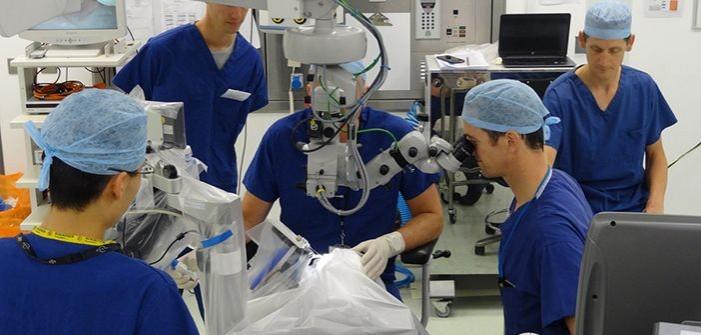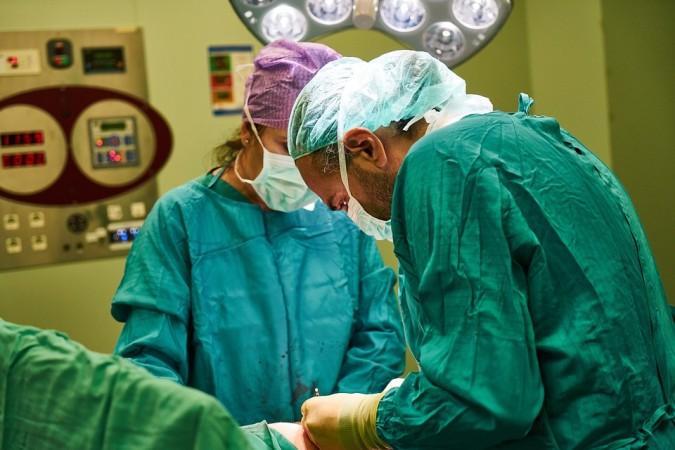
The latest data from the Ministry of Health on admissions to super-speciality courses show that non-surgical courses such as cardiology, endocrinology, urology, nephrology, and medical oncology are attracting more doctors than the surgical courses. The numbers mean that fewer doctors are choosing to become a surgeon.
The data on the candidates clearing the National Eligibility-cum-Entrance Test (NEET) for admission to such discipline highlighted that for the academic year 2018-19, out of 2,029 seats in the super-speciality courses, 189 seats were left vacant. As compared to the academic year, 2018-19, the 2017-18 session witnessed 290 of the 571 seats left un-opted belonged to these four surgical disciplines.
The experts have the difference of opinions on the data; while some attributed lesser doctors opting for the role of a surgeon to the markets scenario, other blamed inadequate infrastructure for doctors moving away from surgical disciplines.
Dr NN Mathur, the principal of Vardhman Mahavir Medical College, reckons that the trend is generally a market-driven phenomenon. A jump in the non-communicable diseases such as diabetes, chronic kidney disease, and cancers has resulted in increasing demands for endocrinologists, nephrologists and medical oncologists.
"A decade ago, CTVS was chosen by doctors with high ranks in the qualifying exam, but over the past few years, those opting for it are the lowest rankers," Dr Mathur said.

"Open heart surgeries have been replaced with stents to open vessel blockages. There's more demand for interventionists as there are more patients there. Same goes for other disciplines. This trend is totally market-driven," he added.
English daily Hindustan Times reported that Inadequate infrastructure is also to be blamed for the doctors shunning their interest for opting surgical disciplines.
Citing the low participation, the government is now planning to restrict a number of seats available in surgical super-speciality courses in medical colleges. All across India, in 41 super-speciality courses, 137 medical colleges offer 2,029 seats. As per the government data, around 15,000 candidates appeared for the entrance test in 2018-19, out of which 10,143 qualified on a 50 percentile basis.














